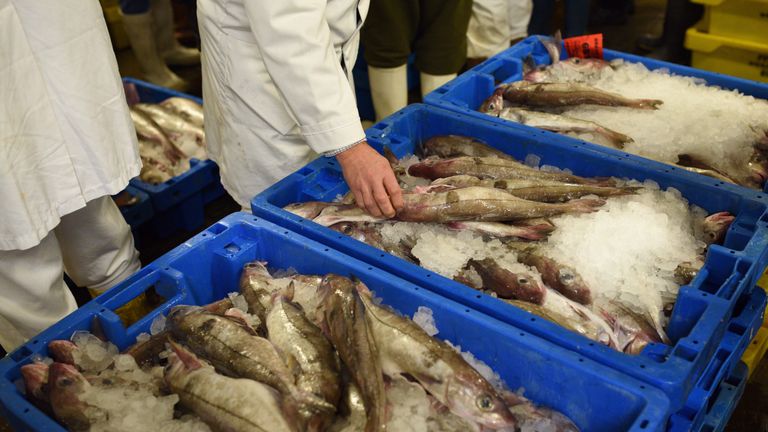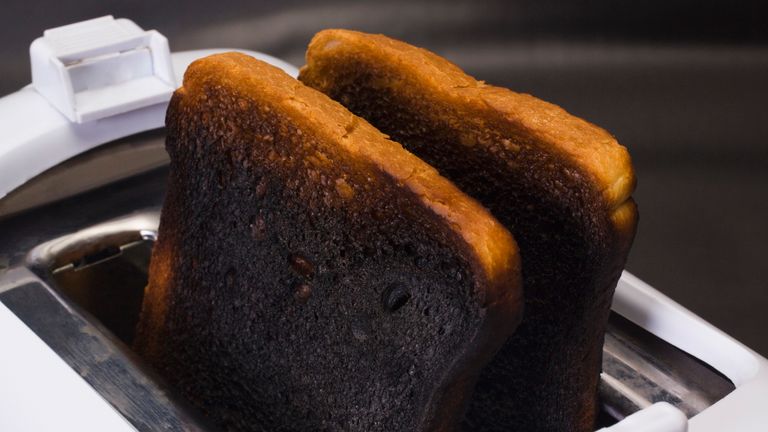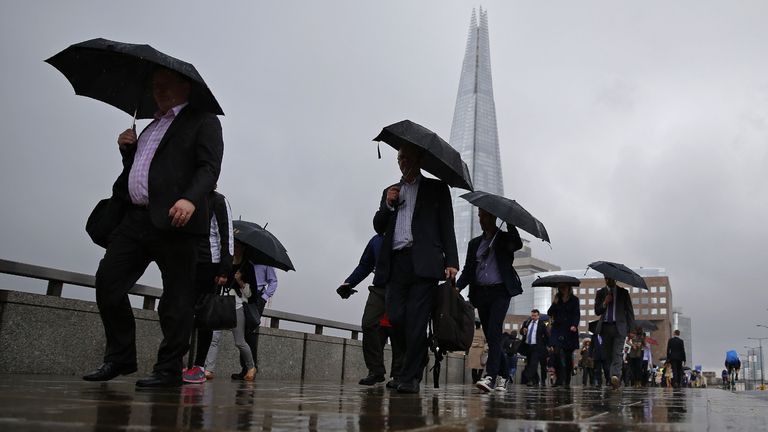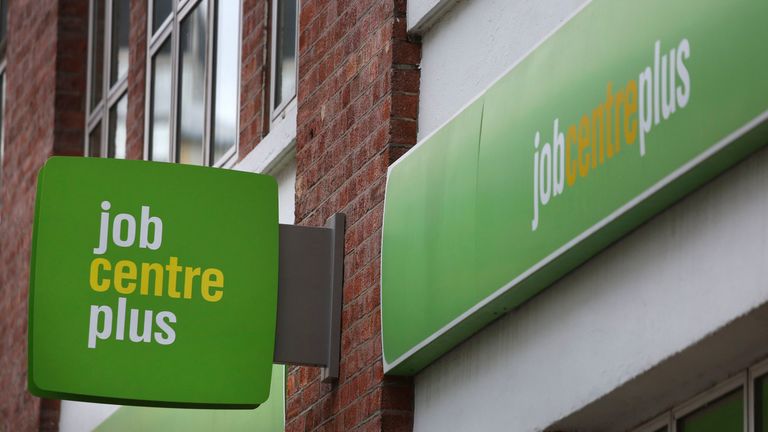EU laws that may face the Great Repeal Bill axe
From the workplace to fish via vacuum cleaners, EU rules and regulations influence many aspects of UK life.
Friday 31 March 2017 21:30, UK
The Great Repeal Bill could see several of the best-known, and a few of the more obscure, EU rules and regulations scrapped.
:: Free movement of labour
A symbol of all that is wrong with the European Union for Brexiteers, but sceptics doubt whether ditching it will give ministers the absolute control of immigration they crave.
It could be replaced with an Australian-style points system under which all migrants would be subject to the same rules, and could be selectively refused entry.
:: Toasters, kettles and vacuum cleaners
European Commission rules, introduced in 2013, demand vacuum cleaners make efficient use of electricity and the EU is threatening to extend those rules to kettles, hair dryers, toasters and other household items.
Once out of the EU, Parliament can decide whether the British should once again be able to buy inefficient electrical goods.
:: VAT on energy bills
All that inefficient use of power will mean higher bills, so many Britons, especially those on lower incomes, will be glad the UK government will be able to remove VAT from gas and electricity bills, but environmental campaigners may object that it is not green.
Remember the long argument about VAT on sanitary goods, dubbed the tampon tax? David Cameron and George Osborne wanted to scrap the levy but EU regulations meant they could only drop it to 5%.
It is supposed to go completely in 2018 because of new a change in position by the Brussels, but once out of the bloc the Treasury will be able to set its own rules on the good and services that VAT will be applied to and at what rate.
:: Working Time Directive
A big one this, as under EU law, it is illegal to make an employee work for an average of more than 48 hours a week.
Employers may put pressure on ministers to pull out of this, as it is estimated to cost them £4bn a year.
:: Fishing
Another law that Leave campaigners can not wait to ditch. Boris Johnson described the quotas imposed by the Common Fisheries Policy as "crazy". So, Brexit may turn out to be good news for the British fishing fleets, but others are sure to complain.
:: Temporary Agency Workers Directive
This guarantees anyone hired via employment agencies gets the same pay and conditions as employees in the same business doing the same work and is thought to cost employers half as much as the working time directive.
Abolishing it could be unpopular politically, however, as free marketeers the UK will not want more interference in the economy.
:: Renewables Directive
Reckoned by some to be the single most expensive piece of Brussels-imposed legislation, it sets targets for combating climate change, such as achieving a 20% share of energy from renewable sources by 2020, at a reputed cost of £4.7bn a year. Brexiteers tend to be sceptical about climate change, so may see this as a useful way to save money.
:: Going bananas
At the other end of the seriousness scale are EU rules on wonky bananas. They are not banned, but they are classified by quality and shape. Class 1 bananas can have "slight defects of shape" and Class 2 bananas full-on "defects of shape".
Myths about the regulations became a lightning rod for all who despair at the pointlessness of Brussels and its ideas.












